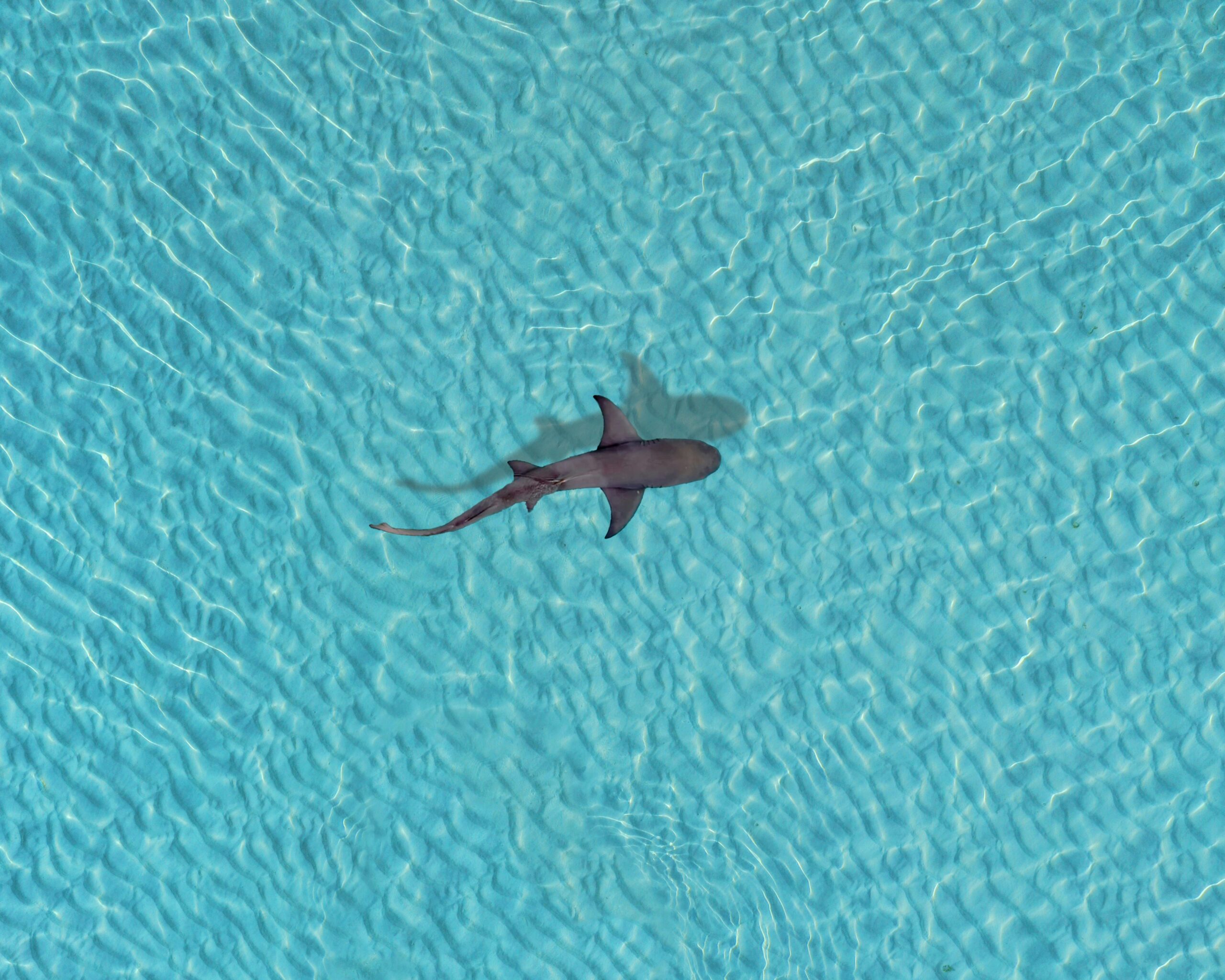A new federal bill aimed at improving beach safety is moving through Congress, with the U.S. Senate this week passing Lulu’s Law — legislation that would create a real-time public alert system for shark attacks and hazardous ocean conditions. The measure now heads to the House of Representatives for a final vote.
Named after Lulu Gribbin, a teenage shark attack survivor from Alabama, the proposed law would enable authorities to issue wireless emergency alerts — similar to Amber Alerts or severe weather warnings — to people near affected coastal areas. The goal is to reduce the risk of further incidents by quickly notifying beachgoers when threats are detected.
How Lulu’s Law Would Work
Under the bill, alerts would be sent directly to mobile devices in proximity to recent shark attacks or areas with dangerous water conditions. While exact parameters of the system are still being determined, the concept centers on delivering timely, location-based updates to the public.
However, questions remain about how the alerts would be triggered, how often they would be issued, and what role local agencies would play in the decision-making process. The bill also does not yet detail how the system would be funded or rolled out across multiple states.
Focus on Florida and Coastal States
Florida, which consistently leads the world in shark bite incidents, is central to the national discussion around beach safety. A recent shark attack involving a surfer from Winter Park on the July Fourth weekend has renewed urgency among lawmakers and residents alike.
While some officials and local leaders have raised concerns about the potential for public overreaction or negative impacts on tourism, supporters argue that the alerts could save lives by giving beachgoers the information they need to avoid dangerous conditions.
A Personal Story Behind the Bill
The legislation is named in honor of Lulu Gribbin, who was severely injured in a shark attack at Pensacola Beach in 2023. Her survival and her family’s advocacy efforts have helped propel the issue of shark safety into the national spotlight. Their campaign emphasized the need for faster, more effective communication following such events.
What’s Next
If approved by the House, Lulu’s Law would establish a formal federal system to alert the public not only to shark attacks, but also to ocean conditions that could increase the likelihood of encounters. The measure has gained bipartisan attention as states with popular beach destinations evaluate how to improve public safety without causing undue alarm.
As shark sightings and attacks continue to draw headlines during peak summer months, Lulu’s Law may mark a significant shift in how authorities communicate risks at the beach.







Comments